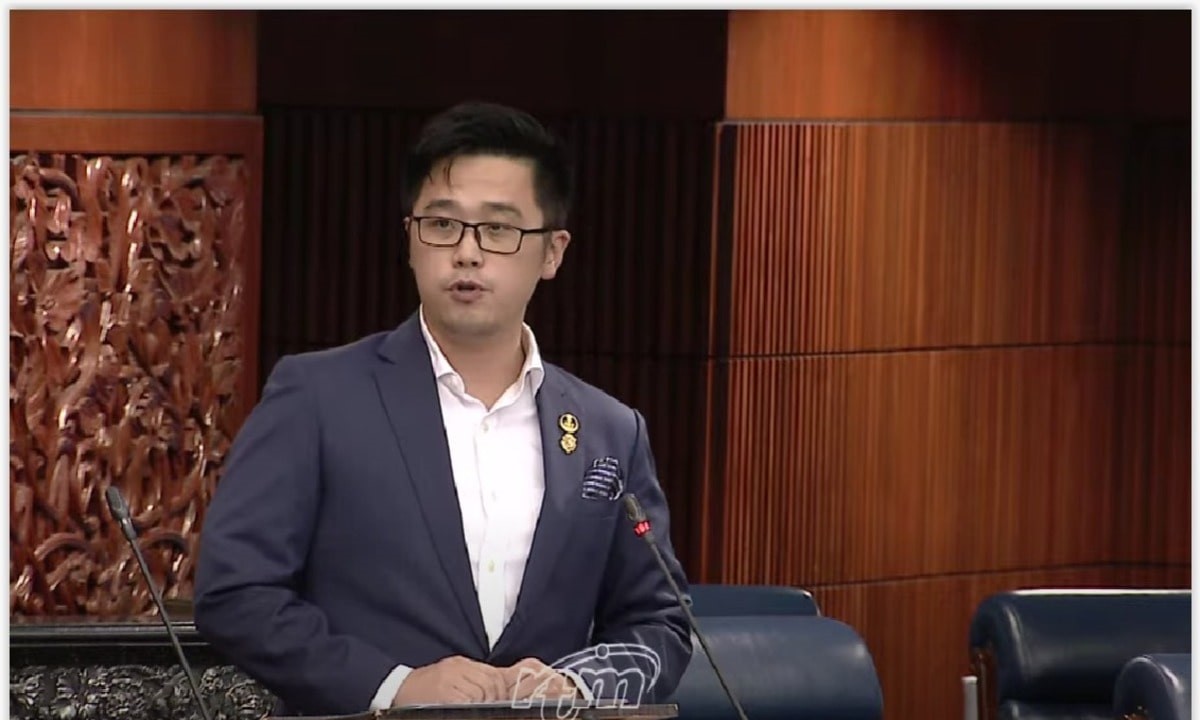KUALA LUMPUR, Feb 22 – Ipoh Timor MP Howard Lee Chuan How has urged the government to restructure aged care as an economy, instead of viewing it as a burden to society.
In his debate yesterday on the motion of thanks on the royal address in the Dewan Rakyat, the DAP lawmaker highlighted the National Care Economy and Ageing Community Preparedness Plan (SiagaJaga) plan in Pakatan Harapan’s (PH) election manifesto for the 15th general election.
“The real threat is when we do not SiagaJaga,” said Lee, a government backbencher.
“What happens if we do not have enough carers, if hospitals exceed capacity, or if carers are oppressed without protection of their welfare? We will be destroyed.
“Aged care must be restructured, and not seen as a threat or burden to society.”
Malaysia has already reached ageing nation status, with the population aged 65 years and above expected to reach 7.3 per cent last year, according to the Economic Outlook 2023 Report by the Finance Ministry, meeting the 7 per cent threshold for the conventional international definition of an “ageing society”.
According to the Department of Statistics Malaysia’s (DOSM) fourth quarter 2022 population figures released earlier this month, Malaysia’s old-age dependency ratio rose from 10.2 in Q4 of 2021 to 10.5 in Q4 2022. The old-age dependency ratio is a measure of the number of dependents aged 65 years and older for every 100 population of working age.
Lee pointed out that there are no statistics available on Malaysia’s caregiver support ratio (CgSR), which refers to the number of potential caregivers aged 45 to 64 that is available for each person aged 80 years and older. The CgSR in Europe and Japan respectively, he said, is 5:1 and 3:1.
“We need to professionalise the care sector. Are carers given rights, training, welfare, and pay?”.
The Perakian lawmaker said PH’s SiagaJaga plan envisions a care economy with human resources, infrastructure and facilities, funding, as well as preparation from the general public, so that young adults are not forced to choose between their jobs and providing full-time care for their elderly or incapacitated parents.
This includes providing social protections and financial assistance to carers to enable them to continue to be productive in the workforce while providing care, beyond the current RM500 monthly “welfare” assistance.
Lee added that SiagaJaga – which he described as being as important as Malaysia Plans (RMK) – also includes creating mobile care units that provide wound care to help reduce the burden on public health clinics (klinik kesihatan).
He further suggested that one-stop care centres be included in planning permissions for property developments.
“I urge the august House, as well as the government, to prioritise policymaking for the care economy and to encourage its growth. The care economy plan must begin today, just in time. It must be made a cross-ministerial agenda.”
No minister has yet to take ownership of the SiagaJaga plan. Malaysia’s already strained public health care system excludes social care, focusing mostly instead on medical or health care. Social or aged care isn’t under the Women, Family and Community Development Ministry either that focuses on “welfare”.
Economy Minister Rafizi Ramli, in reply to a question by Lee in Parliament last week, shifted responsibility to employers on maintaining the employment of workers who need to double-up as carers for family members.








